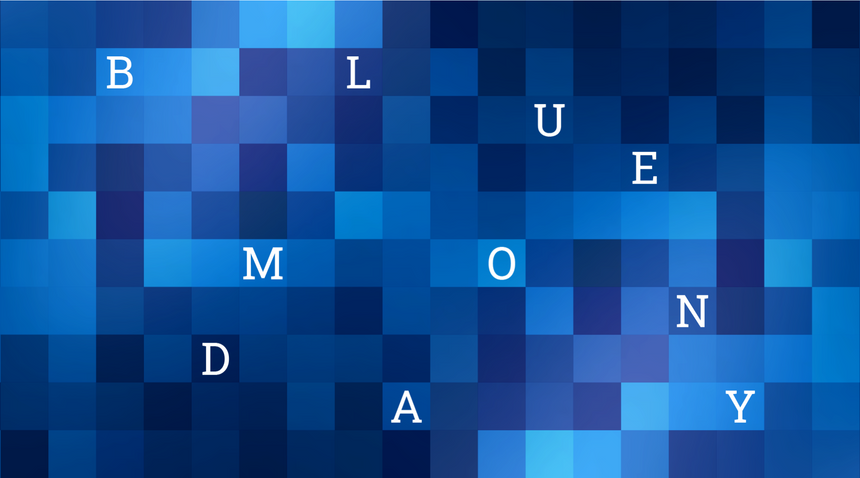Mental Health is Not Just for Blue Monday
It’s officially back-to-work season. The Christmas festivities are all wrapped up for those that celebrate. You’re no longer wishing people a happy new year at the start of work emails anymore. We’re now back into the swing of things.
There is one additional noteworthy day in January, although not necessarily one that’s worth celebrating, as Blue Monday is now upon us.
What is Blue Monday?
As well as being an excellent song by New Order, Blue Monday is the day that some believe is the hardest workday of the year for mental health.
This year falling on January 17, it was first purported by Sky Travel in 2005, and falls on the third Monday of January. At the time they claimed that there was an equation which calculated this date which factors in time since Christmas, debt levels, time since returning to office, time since resolutions had been made and more.
It also factored in weather conditions, meaning the date only applies to northern hemisphere countries experiencing a cold winter during January.
In the years since, Blue Monday has been widely debunked as pseudoscience, although this has not stopped many people referring to January as a month for focusing on mental health and wellbeing and using the day as an anchor point for this message.
The Problem with Blue Monday
While any day which focuses on spreading awareness and positive messages about mental health in the workplace is welcomed, Blue Monday does not have the same feeling as an awareness day.
First of all, due to its origins. As it was created by a travel company, presumably with an aim of increasing sales of summer holidays during the cold month of January, it feels more like a marketing tool than a day promoting positive messages.
While others have commendably utilised the day to alter the messaging and turn the attention to improving mental health rather than just reporting it, the foundations are still uneasy.
Second, there is a risk of trivialising mental health in January and reducing it to one day. There is no actual science to suggest that Blue Monday exists or that it is any more of a struggle than another day in the month.
While a spike in mental health awareness for one day is always welcomed, it’s important that businesses don’t just post about it on Blue Monday and feel they have ‘done their part’.
The Future of Blue Monday
Damning condemnation from publications such as The Mental Health Foundation and Psychiatric Times have reduced the pseudo-scientific origins; however that doesn’t mean the day no longer has relevance.
As mentioned, there is still an appetite for Blue Monday, even with slightly different messaging. While it was first highlighted as ‘the most depressing day of the year’, people are no longer simply viewing it as that. It’s now a day for sharing updates, news and articles to help.
One of the main through line messages that comes from mental health charities and spokespeople is that we have to continue talking about it. We have to reduce the stigma, offer support and normalise the conversation in the workplace.
While it might not live on as initially planned, there’s no reason we can’t turn Blue Monday into something positive.

